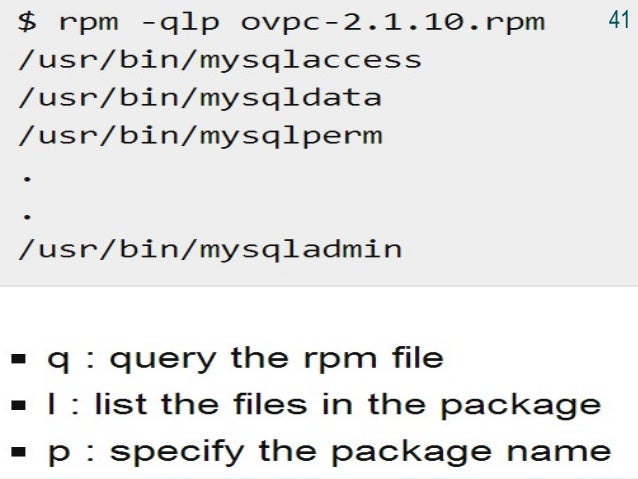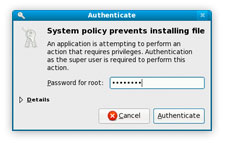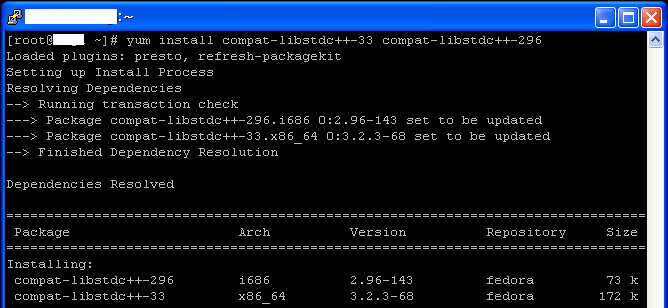

Libaprutil-1.so.0()(64bit) is needed by hpccsystems-platform-community-4.0.09.x86_64 Gcc-c++ is needed by hpccsystems-platform-community-4.0.09.x86_64 I'm getting following error : error: Failed dependencies:īoost-regex is needed by hpccsystems-platform-community-4.0.09.x86_64Įxpect is needed by hpccsystems-platform-community-4.0.09.x86_64 rpm file and to install this rpm, I'm using following command: sudo rpm -Uvh hpccsystems-platform_community-4.0.86_64.rpm I'm trying to install HPCC on RHEL based machine. # strip \0 as it gets dropped with warning otherwiseī="$(_dd $(($offset + $i)) bs=1 count=1 | tr -d '\0' echo. *) fatal "File doesn't look like rpm: $pkg" If you have tried the rpm2cpio.sh script above and it didn't work, you can save the follwing script and invoke like this: rpm2cpio.sh rpmname | cpio -idmv, it workes on my CentOS 7.

# Typical usage: rpm2cpio.sh rpmname | cpio -idmvĭECOMPRESSOR="`which unlzma 2>/dev/null`"Įcho "Warning: DECOMPRESSOR not found, assuming 'cat'" 1>&2

# rpm2cpio.sh - extract 'cpio' contents of RPM I've done a few updates, particularly adding some comments and using "case" instead of stacked "if" statements, and included that fix below #!/bin/sh Simply replacing 'grep -q' with 'grep -q -i' everywhere seems to resolve the issue well. The result of the "COMPRESSION:" check is: COMPRESSION='/dev/stdin: XZ compressed data' The "DECOMPRESSION" test fails on CygWin, one of the most potentiaally useful platforms for it, due to the "grep" check for "xz" being case sensitive.

* ) DECOMPRESSOR=`which lzmash 2>/dev/null` # Most versions of file don't support LZMA, therefore we assume O=`expr $o + $sigsize + \( 8 - \( $sigsize \% 8 \) \) \% 8 + 8`ĬOMPRESSION=`($EXTRACTOR |file -) 2>/dev/null`Įlif echo $COMPRESSION |grep -q bzip2 thenĮlif echo $COMPRESSION |grep -iq xz then # xz and XZ safeĮlif echo $COMPRESSION |grep -q cpio then Reposted for posterity … and the next generation. That extracts the payload from a *.rpm package. For those who do not have rpm2cpio, here is the ancient rpm2cpio.sh script


 0 kommentar(er)
0 kommentar(er)
